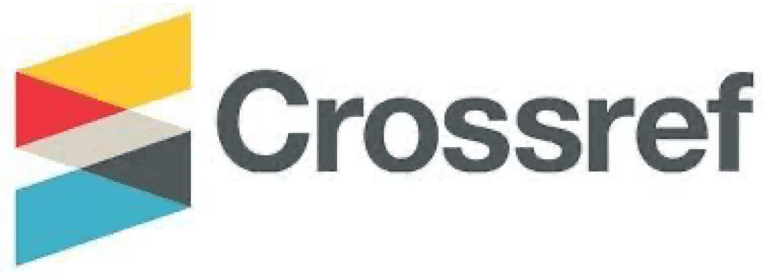KAJIAN POTENSI DAN STRATEGI PENGEMBANGAN EKOWISATA DI DANAU MATANO KABUPATEN LUWU TIMUR SULAWESI SELATAN
DOI:
https://doi.org/10.24259/perennial.v16i1.7631Keywords:
Ecotourism, Development, Matano Lake.Abstract
The aims of this study is to determine the strategy of tourism development in Matano Lake, East Luwu Regency South Sulawesi Province. The result of this study is expected to become a reference in management and development of ecotourism and empower local communities to improve their living standards. Data collection was carried out by direct observations of bio-physical and other supporting factors for ecotourism potency. In addition, deep interviews using questionnaire was also carried out to know the local people and government perception related to future ecotourism programs that could be applied in Matano Lake. Data analysis showed that there were 7 strategies that can be implemented for the development of ecotourism in Matano Lake, i.e. (1) to develop community-based ecotourism programs, (2) to develop potential of nature tourism in the area, (3) to undertake promotion programme and dissemination of information that are focused on nature-based tourism in Matano Lake for local people, (4) to increase involvement of managers, (5) to establish cooperation between all parties in the management area, (6) to recommend PT.Vale to involve in management area, such as to build infrastructure and equip facilities for eco-tourism and (7) to disseminate the development of ecotourism to the public.
References
Achmad, A. 2017. Membangun Ekowisata Alam Liar. Pusat kajian media dan sumber belajar LKPP universitas hasanuddin. Makassar.
Aulia, A. N., & Hakim, L. (2017). Pengembangan potensi ekowisata Sungai Pekalen Atas, Desa Ranu Gedang, Kecamatan Tiris, Kabupaten Probolinggo. Jurnal Wilayah dan Lingkungan, 5(3), 156-167. doi:10.14710/jwl.5.3.156-167.
Damanik, J dan Helmut F, W. 2006. Perencanaan Ekowisata : Teori dan Aplikasi. Penerbit Pusat Studi Pariwisata (Puspar). UGM dan Andi, Yogyakarta.
Fandeli, Chafid dan Muhammad, 2009. Prinsip-Prinsip Dasar Mengkonservasi Lanskap. Gadjah Mada University Press: Yogyakarta.
Kementerian Negara Lingkungan Hidup. 2008. Pedoman Pengelolaan Ekosistem Danau. Penerbit: Kementerian Negara Lingkungan Hidup RI.
Mukaryanti dan A. Saraswati. 2005. Pengembangan ekowisata sebagai pendekatan pengelolaan sumberdaya pesisir berkelanjutan. Jurnal Teknologi Lingkungan. P3TL-BPPT.6.(2):391-396
Nugroho, I. 2011. Ekowisata dan Pembangunan Berkelanjutan. Yogyakarta: Pustaka Pelajar.
Rangkuti, F. 2000. Analisis SWOT Teknik Membedah Kasus Bisnis. PT. Gramedia Pustaka Utama, Jakarta.
Rangkuti, F. 2015. Analisis SWOT: Teknik Membedah Kasus Bisnis. Diterbitkan pertama kali oleh penerbit. PT Gramedia Pustaka Utama. Jakarta.
Salakory, R.A.J.B. 2016. Pengembangan ekowisata berbasis masyarakat di Kepulauan Banda, Maluku Tengah. Jurnal Ilmu-Ilmu Pertanian “AGRIKA”. 10 (1):84-92
WWF. 2009. Central Sulawesi Lakes. http://wwf.panda.org/about_our_earth /ecoregions/ central _sulawesi_lakes.cfm diakses pada tanggal 30 November 2013.
Wood, M. E. 2002. Ecotourism: Principles, Practices and Policies for sustainability. UNEP. http://www.unepie.org/tourism/ library /ecotourism.htm diakses pada tanggal 22 Februari 2012.
Whitten, J.A., G. S. Henderson, and M. Mustafa. 2002. The Ecology of Sulawesi. Published by Periplus Edition (HK) Ltd.







